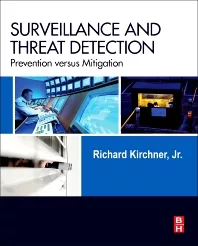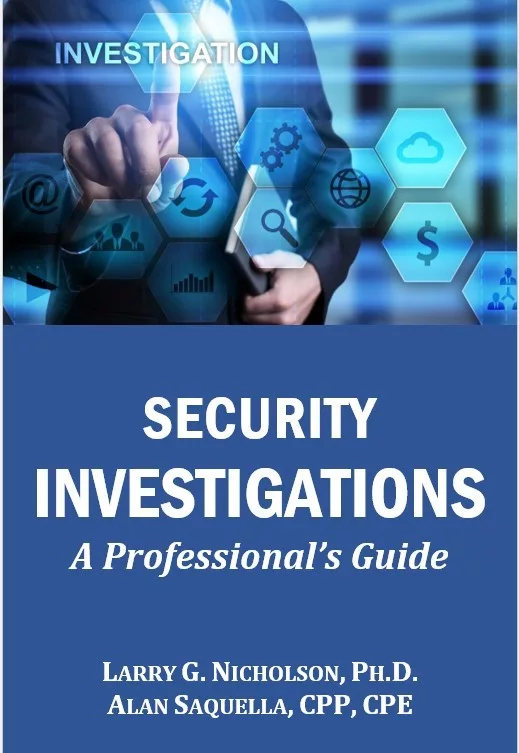Crowd-Sourced Surveillance: A Public Threat or a Public Service?
The past several months, more than any time in history, have highlighted the evolving role of surveillance in law enforcement, public safety and security. From the dramatic video of the terrorist attacks in France at Charlie Hebdostreamed to the world as they were occurring, to the crowd-sourced cellphone video and images recording police actions, both good and bad, surveillance has had a significant impact on the way we see the world around us.
The public availability of video and its viral distribution have delivered some horrifying images of acts of terrorism, outraging the world and clearly illustrating the true evil of extremists regardless of their cause. This same media has also become a tool exploited by these same groups to use as a platform to incite, to recruit and to propagate fear and threats in their quest for power.
However, beyond the dark side of video media as a tool to promote fear, there is a public good side to it as well. Recently, cellphone video has captured some of the most controversial events in American law enforcement revealing how some law enforcement officers exceed and abuse their authorities. Crowd-sourced surveillance has exposed those abuses and has demonstrated how it can and will continue to play an important role in identifying “bad apples” in law enforcement (or any public authority for that matter).
We all believe what we see and in the age of YouTube, and the countless number of other open video-sharing sites, there is a great risk that, without additional data and context, images and video streams can be misleading, manipulative and misinterpreted. Add to that the media frenzy that accompanies incidents captured by what I call crowd-sourced surveillance, and a potentially useful and good capability could be manipulated into a dangerous propaganda tool. In the wake of these incidents there has been a very quick reaction to use technology to monitor police encounters with the public and criminals. Many jurisdictions are deploying “body cameras” on police officers to record police activities much the same way “dash cams” are deployed on police cruisers. I am sure that many police officers push back on the use of body cams that could record a situation out of context. I, as a former law enforcement officer, probably would have had the same reaction at first. The general public rarely comes in contact with the police, and if they do it typically comes in the form of traffic enforcement. As unpleasant as that experience is, they are usually not confrontational or problematic. The general public does not see the frequent interactions police have with criminals or those who maybe exhibiting behavior that could be criminal. Police officers, probably more than any other public official, have the most discretion when dealing with the public. A police officer might come in contact with an offender for a minor crime and instead of making an arrest of a first-time offender, could decide to not make an arrest in favor of letting the offender off with a warning and potentially “scaring him straight.”
Why is that a good thing you might ask? Because everyone makes mistakes, so why ruin a person’s life because of a stupid mistake or act when you could give them a chance to turn their life around. Would that same level of discretion be able to be exercised if every encounter was recorded and available for supervisory and public second-guessing? And what happens when we take that discretion away from every officer on the street? Do we potentially risk burdening an already over burdened criminal justice system?
There is no question that the recent abuses by some police officers will result in a much needed review of police training, tactics and leadership to prevent the deaths of any innocent person. Law enforcement and public officials have to rebuild trust with the public it serves. Surveillance systems, whether body cams or cellphones, play a role in keeping the public and law enforcement officers safe, but we have to be thoughtful about deploying these technologies to ensure we are achieving the good we want and deserve.
Looking for a reprint of this article?
From high-res PDFs to custom plaques, order your copy today!





